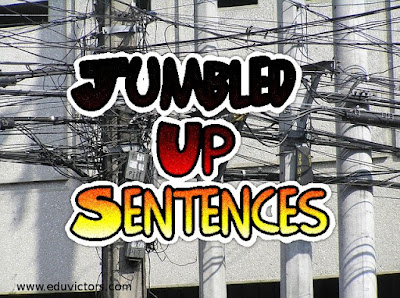KINDS OF SENTENCES (Part 1)
Sentences based on functions are categorised as follows:
1. Assertive Sentences
2. Interrogative Sentences
3. Imperative Sentences
4. Optative Sentences
5. Exclamatory Sentences
Assertive Sentences
These sentences merely assert an incident or a fact.
e.g.
The sun is a big star.
(Affirmative)
The Taj is a beautiful monument.
(Affirmative)
He is not in Delhi.
(Negative)
It does not glow at night.
(Negative)
Sentences that affirm one or the other fact are called
affirmative sentences. First two sentences listed above are affirmative ones.
Sentences that negate a fact are called
negative sentences. The last two sentences listed above are negative sentences.
Exercise:
Convert the following affirmative sentences into negative sentences by giving negative meaning also.
1. I like him.
2. Banana is a sweet fruit.
3. They play for Delhi Soccer club.
4. We sing a song.
5. He gets up early.
Answers:
1. I do not like him.
2. Banana is not a sweet fruit.
3. They do not play for Delhi Soccer club.
4. We do not sing a song.
5. He does not get up early.

















